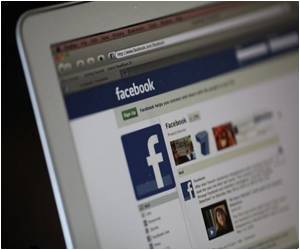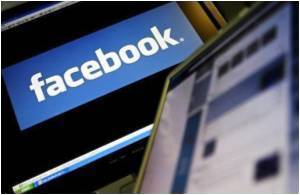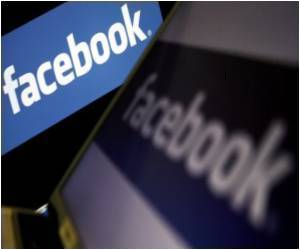Study shows how people used Twitter following the 2011 nuclear disaster in Japan, highlighting challenges for using the social media tool to share information.

"I wanted to see if Twitter was an effective tool for sharing meaningful information about nuclear risk in the wake of the disaster at the Fukushima Daiichi nuclear plant," said Dr. Andrew Binder, Assistant Professor of Communication at North Carolina State and the author of a paper describing the work.
Professor Binder searched for Twitter posts, or "tweets," originating in the United States that specifically referenced "Fukushima Daiichi", the name of the nuclear plant, rather than searching for the term "Fukushima."
This allowed him to target tweets about the plant instead of general references to the tsunami and overarching disaster in the region.
"I found that, initially, tweets that mentioned risk were unlikely to include analysis or information on context," Prof. Binder said.
"Similarly, tweets that attempted to help understand events at Fukushima Daiichi rarely mentioned risk. By the time people began tweeting about risk issues in a meaningful way, the initial high level of interest had begun to wane significantly," he added.
The study also seems to imply that social media have not significantly changed the content of our communications.
Source-ANI
 MEDINDIA
MEDINDIA




 Email
Email





